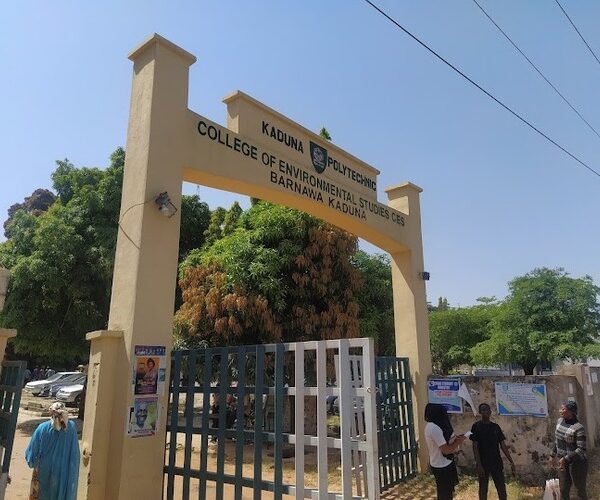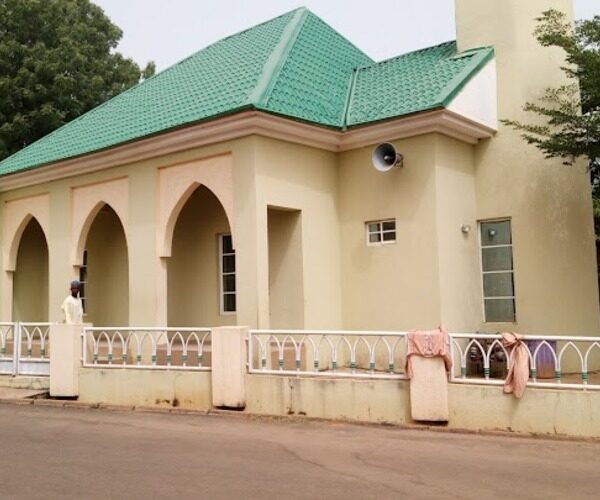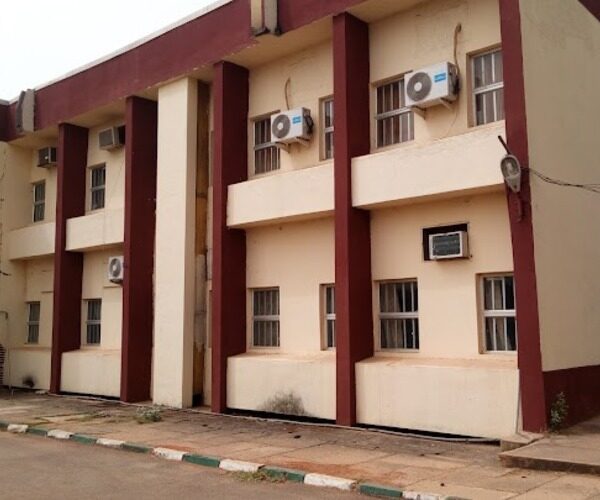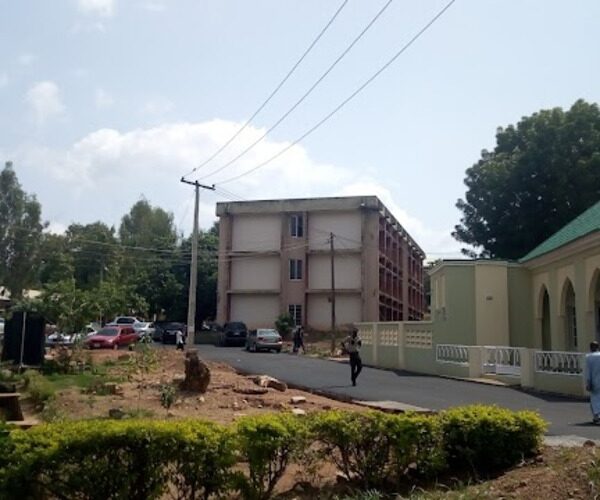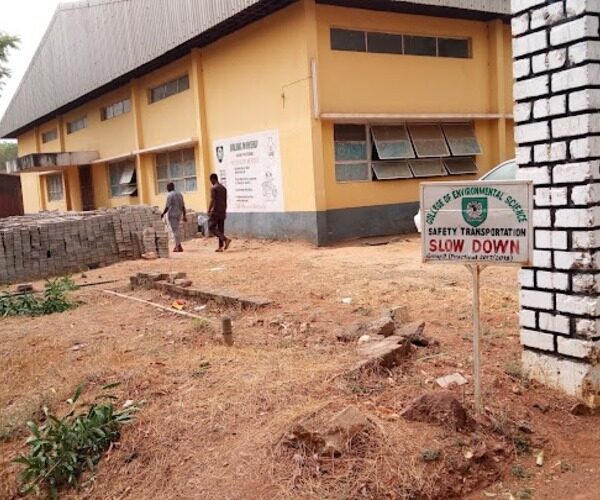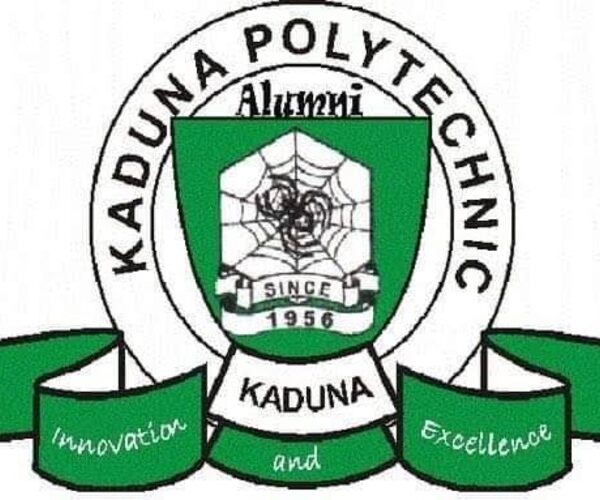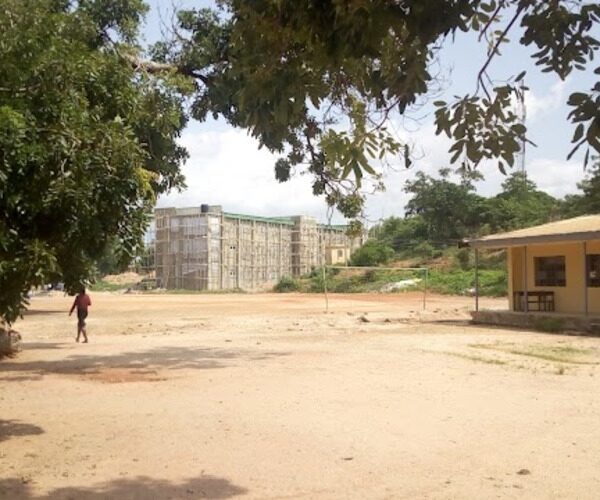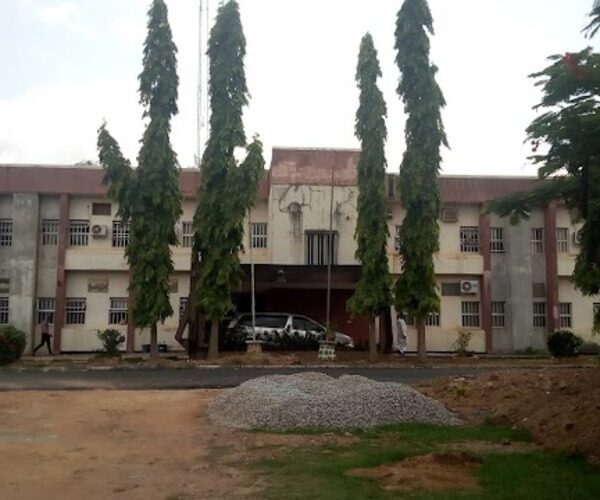- Education
- Kaduna 800283, Kaduna, Nigeria
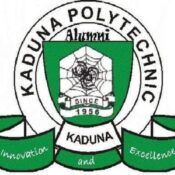
KADUNA POLYTECHNIC, KADUNA
About Us
Kaduna Polytechnic, commonly referred to as KADPOLY, is a distinguished higher education institution located in Kaduna, Nigeria. Established in 1956 as Kaduna Technical Institute, it has evolved into one of Africa’s largest polytechnics, renowned for its commitment to providing high-quality technical and vocational education.
History and Establishment
Kaduna Polytechnic was initially established to address the need for skilled manpower in Nigeria. Over the decades, it has expanded significantly, becoming a leading institution in technical and vocational education and training (TVET).
Programs and Courses
KADPOLY offers a wide array of programs, including National Diplomas (ND), Higher National Diplomas (HND), and certificate courses. These programs cover various fields such as Engineering, Science and Technology, Environmental Studies, Management Studies, and Social Sciences, designed to meet the evolving needs of the job market.
Faculties and Schools
The polytechnic comprises several faculties and schools, each dedicated to specific academic disciplines:
- School of Engineering
- School of Environmental Studies
- School of Industrial and Applied Sciences
- School of Management Studies
- School of Administrative Studies
Accreditation
Kaduna Polytechnic is accredited by the National Board for Technical Education (NBTE), ensuring that its programs adhere to national educational standards and provide students with relevant skills and knowledge.
Campus and Facilities
The institution boasts a large and well-equipped campus featuring lecture halls, libraries, laboratories, and student hostels. The learning environment is designed to support both academic pursuits and extracurricular activities, promoting a holistic educational experience.
Research and Development
KADPOLY is actively involved in various research and development initiatives. The institution collaborates with industries and other educational entities to foster practical learning and innovation, contributing to technological advancements and economic growth.
Community Engagement
Kaduna Polytechnic plays a pivotal role in the local community, offering various services and engaging in projects that support the socio-economic development of Kaduna State and Nigeria.
Alumni
The polytechnic has a robust alumni network, with graduates making significant contributions across various sectors both locally and internationally.
Vision
To be the best-value, first-choice polytechnic offering signature programs that prepare students for the changing needs of the workplace.
Mission
To be an innovative and entrepreneurial institution of repute, empowering individuals to compete successfully in the workplace through high-impact, technology-oriented education, training, services, and needs-driven research.
Core Values
- Academic Excellence
- Innovation and Creativity
- Dedication to Duty
- Integrity, Accountability, and Transparency
- Meritocracy: Performance-based Recognition and Reward System
- Leadership and Mentorship
- Social Responsibility
Academic Structure
Colleges
- College of Business and Management Studies
- College of Administrative Studies and Social Sciences
- College of Engineering
- College of Environmental Studies
- College of Science and Technology
- College of Technical and Vocational Education
Departments
- Accounting
- Agricultural Bio-Environmental Engineering
- Agricultural Technology
- Applied Biology
- Applied Chemistry
- Applied Physics
- Architecture
- Banking and Finance
- Building Technology
- Business Administration and Management
- Cartography and GIS
- Chemical Engineering
- Civil Engineering
- Computer Engineering
- Computer Science
- Cooperative Economics and Management
- Crime Management
- Education Technical
- Electrical Electronics Engineering
- Environmental Science
- Estate Management
- Fashion and Clothing Technology
- Food Technology
- Geographic Information System
- Hospitality Management
- Languages
- Legal Studies
- Library and Information Science
- Local Government Studies
- Management Studies
- Marketing
- Mass Communication
- Mathematics and Statistics
- Mechanical Engineering
- Metallurgical Engineering
- Mineral and Petroleum Resources Engineering
- Nutrition Dietetics
- Office Technology and Management
- Petroleum and Gas Processing Engineering
- Photogrammetry and Remote Sensing
- Printing Technology
- Procurement and Supply Chain Management
- Public Administration
- Quantity Surveying
- Railway Engineering Technology
- Renewable Energy Engineering
- Science Laboratory Technology
- Social Development
- Special Needs Education and Rehabilitation Sciences
- Surveying
- Textile Technology
- Tourism Management Technology
- Urban and Regional Planning
- Water Resources Engineering
- Mechatronics Engineering Technology
Business Amenities
- Car Parking
- Funding: Federal
Contact Information
Opening Hours
Contact Business
Contact Business
Additional Information
Additional info



